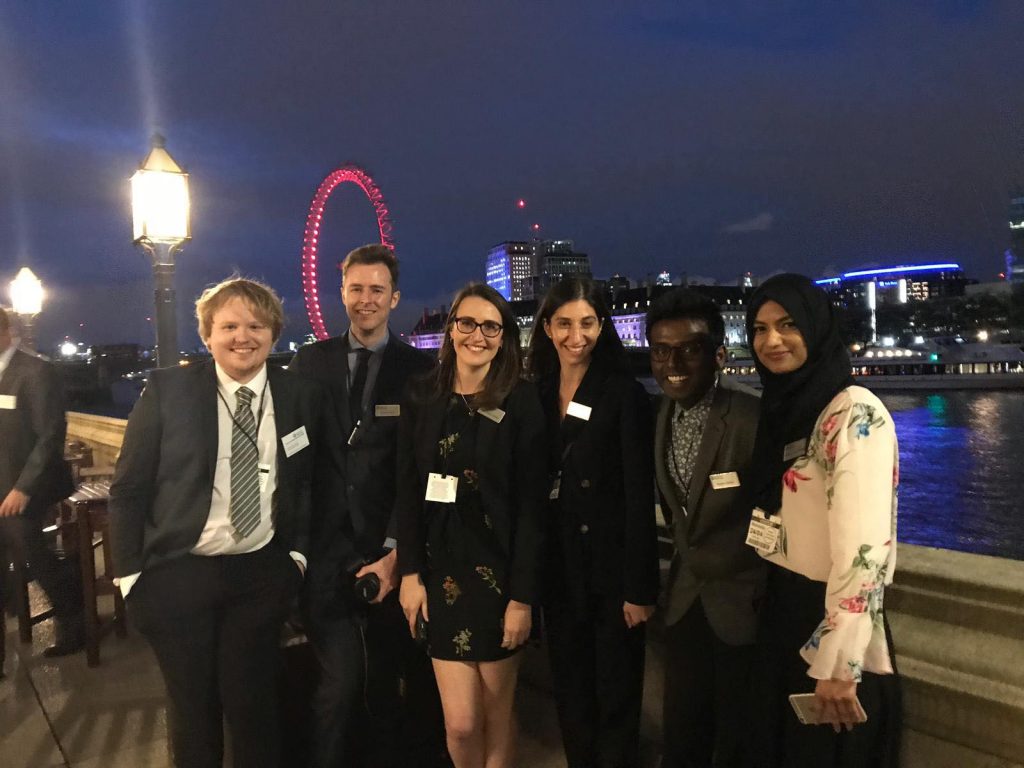The recent wave of Doctoral Training Partnership (DTP) schemes have paved new ground for the enrichment of doctoral learning through extended transferable skills programmes. Through this scheme, I was introduced to the Royal Society of Biology, to work alongside their education policy team.
As a BBSRC-funded PhD candidate, I am part of the Midlands Integrative Biosciences Training Partnership (MIBTP): a consortium of three research-focused universities.
As part of their focus on transferrable skills, MIBTP allocates time for students to undergo three months of non-laboratory work experience (known as Professional Internships for PhD students or ‘PIPS’). This helps prepare PhD doctorates to enter a career outside of the traditional academic route: a pathway doused with fierce competition.
The placement can be in any field, provided it is not scientific research, but as a microbiologist, a biology organisation was most appropriate for my interests. I had the exciting pleasure of spending my internship with the Royal Society of Biology in their education policy team.

The RSB, along with other learned societies, had commissioned research into the complexities of KS4 science timetabling. I was tasked with mining the data for interesting correlations, and drafting a report to support potential policy positions.
I utilised my analytical competencies to support the team and learnt more about the problems that currently face secondary science education. This was an important responsibility and I felt trusted and respected to undergo such a task.
Additionally, I attended a number of curriculum, policy and teaching meetings. Being introduced to all these established education experts was honouring, if not intimidating. However, my contribution and attendance were kindly praised. I was exposed to a number of enticing topics and discussions which furthered my understanding of national curriculum development.
I supported the policy team further through my engagement with the RSB curriculum committee as they build towards a framework for a 5-19 curriculum. I also liaised with the co-chairs of the Biological Education Research Group, to conglomerate education experts for an annual meeting to discuss education improvement in biology.
Perhaps the most enthralling aspect of my time at the RSB were the chances I had to visit the historic Palace of Westminster; assisting with the RSB accreditation awards evening and attending an inaugural science speech by Dame Nancy Rothwell at the Speaker’s House.
Additionally, I was given access to bespoke professional development training, including Unconscious Bias and Introduction to Patent Law, furthering my transferable skills portfolio. Lastly, I learnt to summarise policy documents, making accessible briefs for T levels, and Ofqual research reports amongst others.
Alongside supporting education policy, I provided photography support for the Natural Capital Initiative’s 2019 summit, and the Heads of University Biosciences annual conference at the Wellcome Genome Campus.
I am exceedingly grateful for my time with the RSB. The organisation presented me with an exciting, friendly and professional introduction to education policy, opening countless doors of opportunity.
I will certainly return to my PhD with a revitalised view of how to maintain and prosper my professional network and my future career aspirations: potentially one outside of the laboratory.

